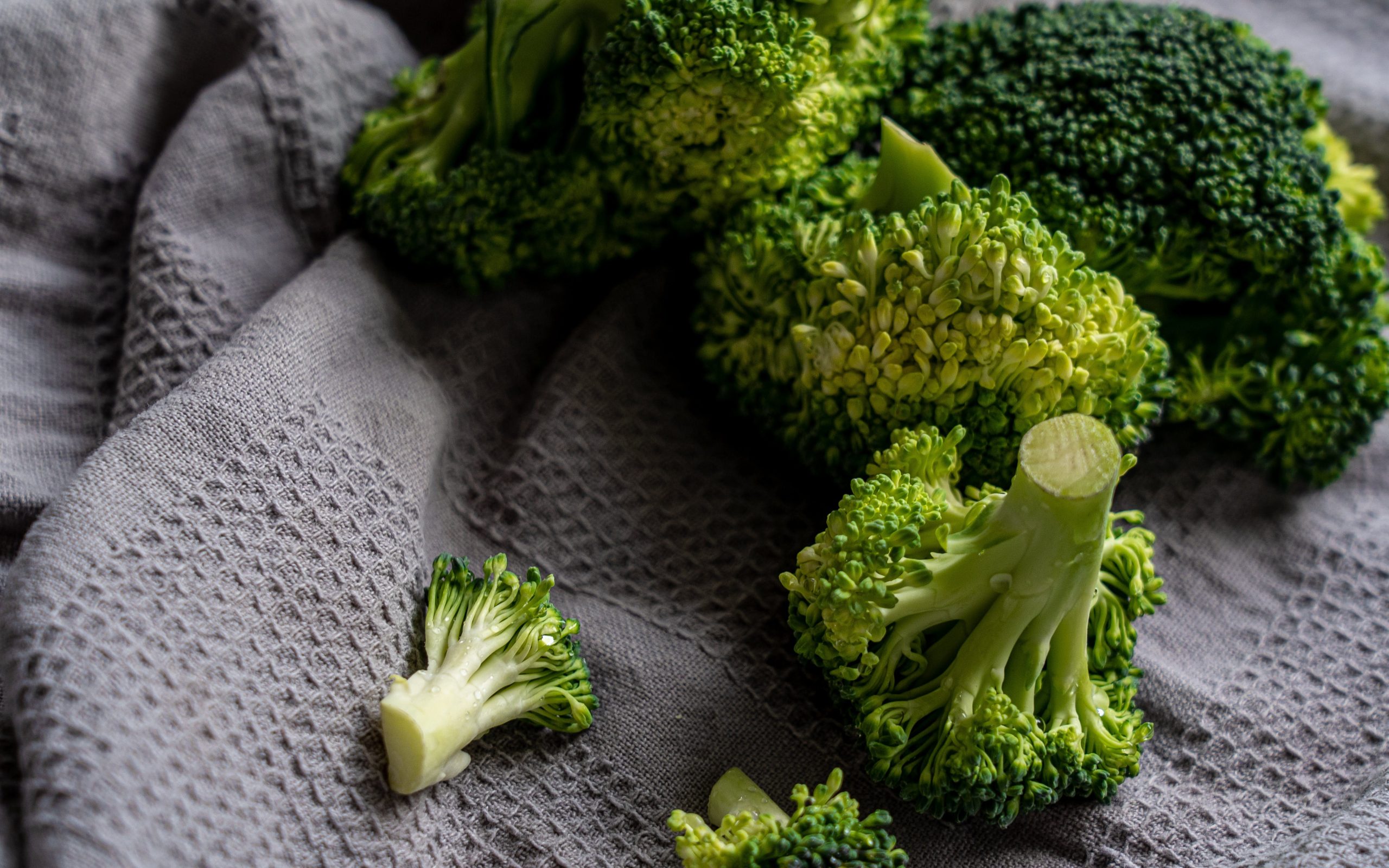
Tips on weight loss management. Losing weight is a common goal for many people, and while exercise plays a crucial role, what you eat for dinner can significantly impact your weight loss journey. Incorporating the right foods into your evening meal can contribute to a healthier lifestyle. Here are six foods that you should consider including in your dinner for effective weight management.
Leafy Greens
Leafy greens like spinach, kale, and Swiss chard are excellent choices for a weight-loss-friendly dinner. They are low in calories but high in essential nutrients, including vitamins, minerals, and antioxidants. These greens are also rich in fiber, which helps keep you feeling full and satisfied, reducing the likelihood of overeating.
Read also: Boost your energy with these easy nutrition tips
Lean Proteins
Opting for lean protein sources is crucial for weight loss. Foods like chicken breast, turkey, fish, and tofu are excellent choices. Protein is known for its ability to promote a feeling of fullness, reducing the urge to snack later in the evening. Additionally, the energy required to digest protein contributes to burning more calories during the digestive process.
Whole Grains
Including whole grains in your dinner can be a smart choice for weight management. Quinoa, brown rice, and barley are examples of whole grains that provide a good source of complex carbohydrates and fiber. These nutrients help regulate blood sugar levels, keeping energy levels stable and preventing late-night cravings.
Colorful Vegetables
Adding a variety of colorful vegetables to your dinner not only enhances the visual appeal of your plate but also provides a range of essential nutrients. Vegetables like bell peppers, carrots, and tomatoes are low in calories but high in vitamins and minerals. The fiber content aids digestion and contributes to a feeling of fullness.

Healthy Fats
While it’s essential to watch your overall fat intake, incorporating healthy fats into your dinner can be beneficial. Avocado, olive oil, and nuts are excellent sources of monounsaturated fats, which are heart-healthy and contribute to a satisfying meal. Including a moderate amount of healthy fats can also enhance the absorption of fat-soluble vitamins.
Legumes
Beans, lentils, and chickpeas are rich in fiber and protein, making them ideal choices for a weight-loss-friendly dinner. The combination of fiber and protein helps control hunger and prevents excessive calorie intake. Legumes also provide a steady release of energy, keeping you fueled throughout the evening.
Read also: List of top African restaurants in Germany where you can find African food
In addition to choosing the right foods, paying attention to portion control is crucial for effective weight management. Here are some tips to keep in mind:
- Mindful Eating: Practice mindful eating by savoring each bite, chewing slowly, and paying attention to your body’s hunger and fullness cues. This can help prevent overeating and promote a healthier relationship with food.
- Balanced Meals: Aim for a balanced dinner that includes a combination of protein, carbohydrates, and healthy fats. This balance ensures that you receive a variety of nutrients to support overall well-being.
- Hydration: Stay hydrated by drinking water throughout the evening. Sometimes, feelings of hunger are actually signs of dehydration. Drinking water can help you distinguish between true hunger and thirst.
Making small, sustainable changes to your dinner choices can contribute to long-term weight management. By incorporating these nutrient-dense foods and adopting healthy eating habits, you can work towards achieving your weight loss goals while enjoying satisfying and delicious meals. Remember, consulting with a healthcare professional or nutritionist can provide personalized guidance based on your individual needs and health status.
